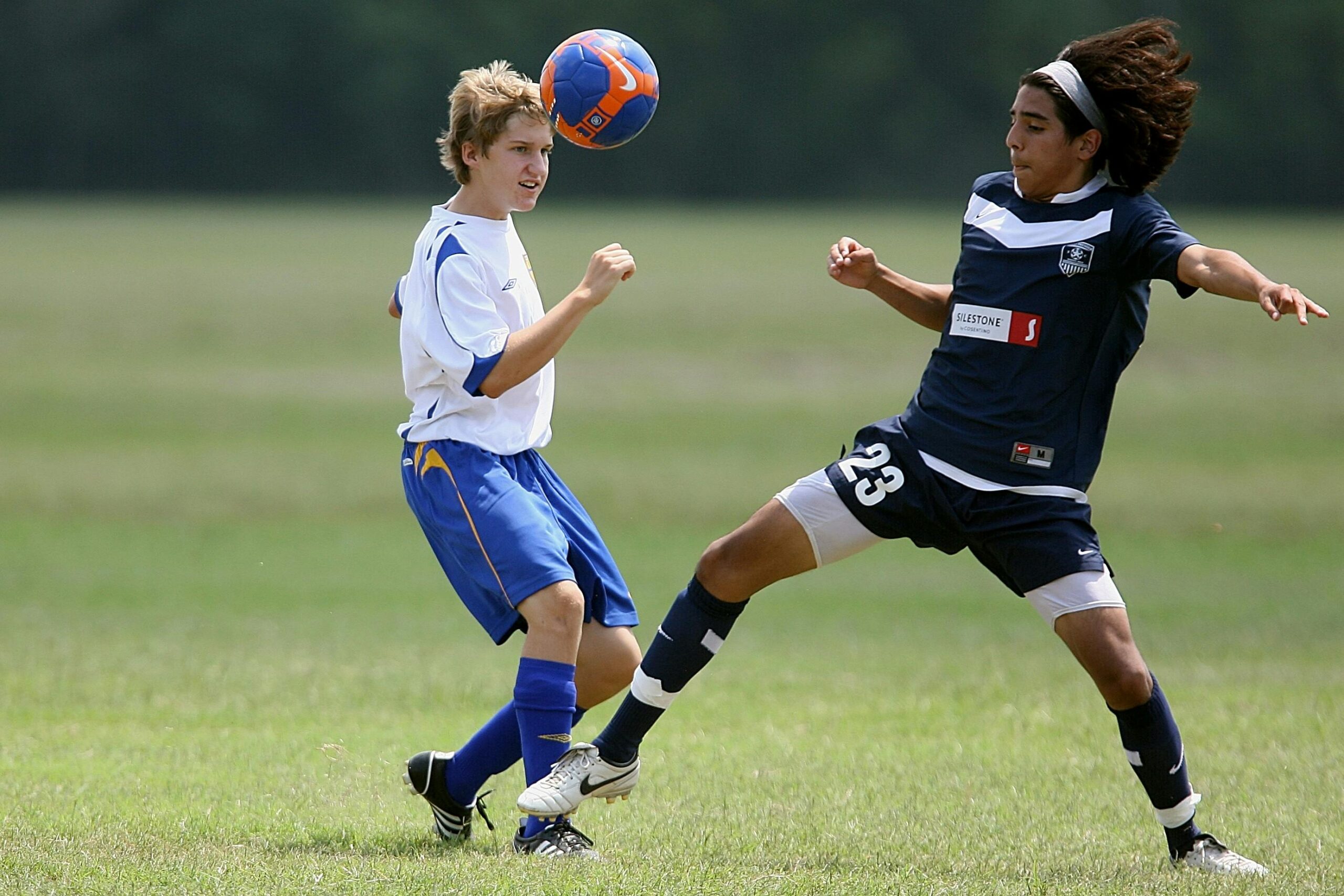Being on a travel sports team is a fantastic experience for many young athletes, offering opportunities to compete at higher levels and build lasting friendships. However, these teams come with their fair share of challenges. Let’s dive into the pros and cons of travel sports teams to help you decide if they’re the right fit for your family.
Pros of Travel Sports Teams
New Competition
One of the biggest perks of joining a travel sports team is the exposure to new and diverse competition. Traveling around the country to face teams from different regions can be thrilling and educational for young athletes. This broader competition can help players improve their skills and learn new strategies, making the game more exciting and challenging.
Skill Development
Travel teams often provide high-level training and frequent practices, leading to significant skill development. With access to experienced coaches and intensive training sessions, athletes can refine their techniques and enhance their performance. This environment can foster rapid improvement and prepare athletes for higher levels of play, including college and professional opportunities.
Friendship Building and Life Skills
Spending a lot of time with teammates during practices, games, and travels fosters strong bonds and friendships. These relationships can become a valuable support network, both on and off the field. Additionally, being part of a team teaches essential life skills such as communication, teamwork, and time management. These experiences can benefit athletes long after their sports careers have ended.
Cons of Travel Sports Teams
High Costs
Travel sports teams can be quite expensive, often costing parents upwards of $10,000 per child annually. These expenses include gear, travel, accommodation, meals, and various team fees. The financial burden can be substantial, making it a significant consideration for many families.
Time Commitment
The time commitment required for travel sports teams is extensive. Athletes and their families must be prepared for frequent practices, games, and travel days. This can mean missing school or work and spending a considerable amount of time on the road. The demanding schedule can be overwhelming and may interfere with other important activities and responsibilities.
Increased Risk of Injury
With the increased frequency of practices and games, the risk of injury also rises. Athletes on travel teams spend more time on the field, which can lead to overuse injuries and burnout. Ensuring proper rest and recovery is crucial to minimizing these risks, but the demanding schedule can make this challenging.
Is a Travel Sports Team Right for Your Family?
Deciding whether a travel sports team is worth it depends on your family’s priorities and resources. While these teams offer valuable experiences and opportunities, they also require significant investments of time and money. Here are some factors to consider:
- Financial Readiness: Can your family afford the costs associated with travel sports teams?
- Time Availability: Are you and your athlete prepared to commit the necessary time and possibly sacrifice other activities?
- Athlete’s Passion: Is your child genuinely passionate about the sport and eager to compete at higher levels?
- Support System: Do you have a strong support network to help manage the logistics and commitments of travel sports?
Weighing the Pros and Cons
Travel sports teams provide a unique platform for young athletes to grow, both in their sport and personally. The chance to compete against diverse teams, develop advanced skills, and form lasting friendships can be incredibly rewarding. However, the high costs, extensive time commitments, and increased risk of injury are important factors to weigh.
Ultimately, the decision to join a travel sports team should be a family decision, taking into account your resources, priorities, and the athlete’s passion for the sport. By carefully considering the pros and cons, you can make an informed choice that best supports your young athlete’s development and overall well-being.
For more information, visit Athletes Untapped.




